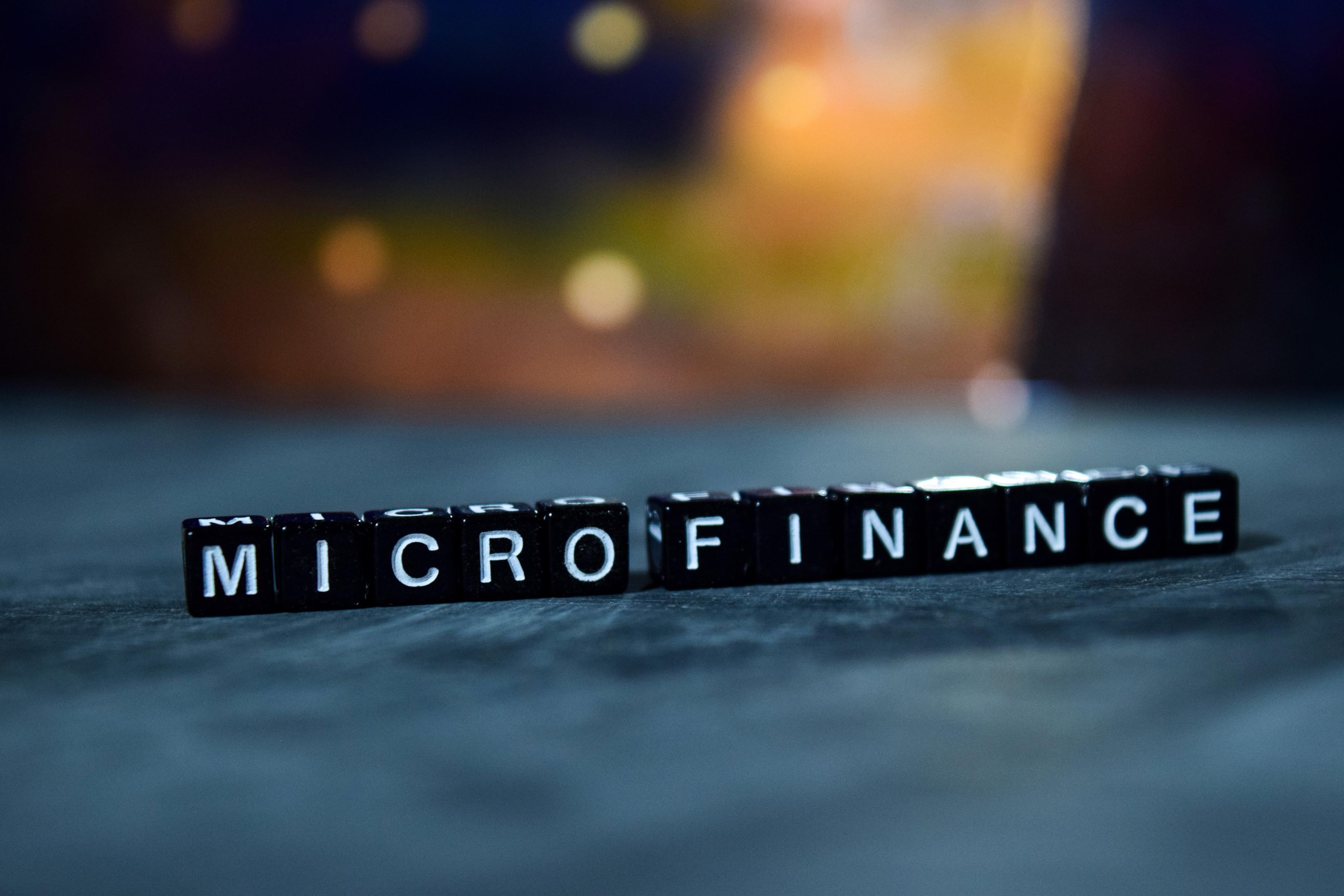
3 minute read
FROM THE ARCHIVE
This issue's 'From The Archive' comes from June 2019 when our CEO Ren Kapur MBE examined the origins of microfinancing.
The concept of microfinancing existed prior to the invention of money. The idea was simple: a small trade of something I need in exchange for something you need. For example, trading crops in exchange for livestock.
As society developed its reliance upon money as the main form of currency, money soon became the most demanded commodity. Did this have an increasingly detrimental impact upon the poorest in society who were still trading their goods and services to survive? Were they therefore unable to obtain traditional bank credit without any assets to rely upon?
Muhammad Yunus, a Bengali social entrepreneur, banker and economist visited some of the poorer areas of Bangladesh and recognised the value of the entrepreneurial efforts of women in these villages. Despite these women having an established supply and demand chain, their inability to access finance meant the majority of their profits were being paid to loan-shark-esq lenders. Yunus decided to lend a group of women in the village a small amount from which they were able to make a profit.
In contrast to other lenders who believed that the most disadvantaged in society were higher risk borrowers, Yunus believed that because these women applied for the loans as a collective, this would ensure they supported each other to make the repayments, thus acting as a ‘co-guarantor’ for each other. From Yunus’ small trial grew the Grameen (village) Bank, established with the sole purpose of bolstering social development for women and the poorest in society. The idea of microfinancing serving the most basic needs of society remains at the core of the concept. Yunus and the Grameen Bank were jointly awarded the Nobel Peace Prize in 2006 and the model has since been replicated around the world.
As Yunus said: “For millions of years that we were on the planet, we never worked for anybody. We are go-getters. We are farmers. We are hunters. We lived in caves and we found our own food, we didn’t send job applications and do interviews. So this is our tradition”. Yunus believes that entrepreneurship comes naturally to us all and with the right support even the most disadvantaged communities can become successful entrepreneurs.
This basic concept is one which has resonated with me throughout my career and one which I have sought to include in my own entrepreneurial efforts. The foundations of Yunus’ microfinancing concept can be adapted to different community groups by understanding the particular challenges associated with that demographic and geographical landscape. For our Armed Forces community this includes mobility, commercial exclusion and mainstream credit eligibility challenges amongst others. When I set up X-Forces Enterprise, we were never just going to be ‘just a loans company’. We built on Yunus’ concept of community lending and community support and decided we should be harnessing both entrepreneurs and intrapreneurs. This was the stark difference or add on from Yunus’ method that we adopted.
Good Social Entrepreneurship and what we stand for is about a leader who harnesses both elements (intrapreneurship and entrepreneurship) and encourages the spirt of both through enterprise A rhetorical question but an important one: “Is it not the aim of society to be self-sufficient with the skills required to ebb and flow through both intrapreneurship and entrepreneurship as circumstances and situations change in life; be those successes or challenges, selfinduced or natural economic movements, good or bad?”
You can the full article on Ren's blog here.
From late summer, the UK Government will be issuing Nuclear Test Medals to eligible service personnel and civilian staff, including posthumous awards to next of kin.
Minister for Veterans’ Affairs Johnny Mercer said: 'This important step moves us closer to recognising the work of those civilians and veterans who played a critical role in establishing the UK’s nuclear deterrent and contributing to our enduring international security. I strongly encourage all eligible veterans and civilian staff to apply for the award, which demonstrates the important role they played in making the UK the third nuclear power, and wear their new medals with pride.'

The medal will be awarded free of charge to individuals who participated in the UK Nuclear Test Programme.
Defence Secretary Ben Wallace said: 'Nuclear Test Veterans have made an invaluable contribution to the safety and security of the UK and it’s right that we recognise and value their enduring service to our nation.'
The medal also recognises the contribution made by veterans and civilian staff from across Australia, New Zealand, Fiji and Kiribati. To further recognise the contribution of veterans of Britain’s nuclear tests, the government invested £450,000 into projects which will commemorate and build further understanding of the experiences of veterans who were deployed to Australia and the Pacific. As part of that funding, the Office for Veterans’ Affairs is launching an oral history project to chronicle the voices and experiences of those who supported the UK’s effort to develop a nuclear deterrent.










